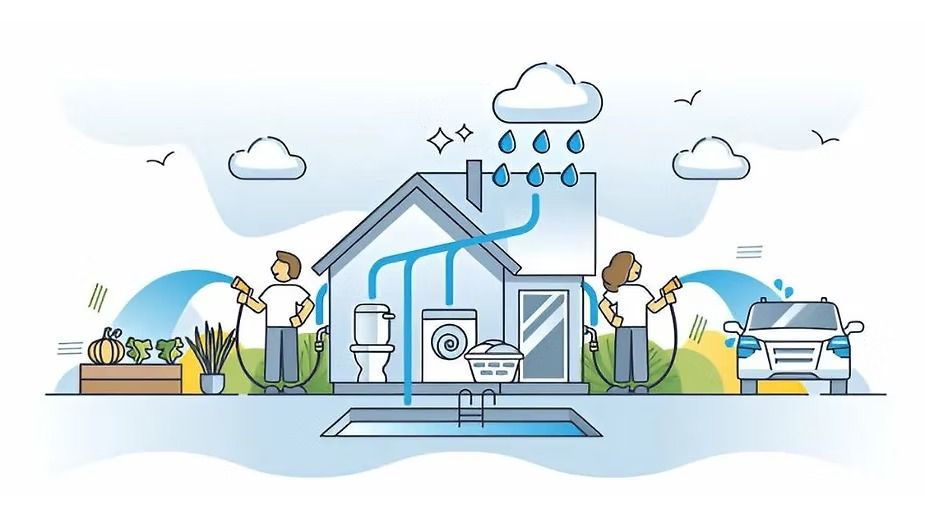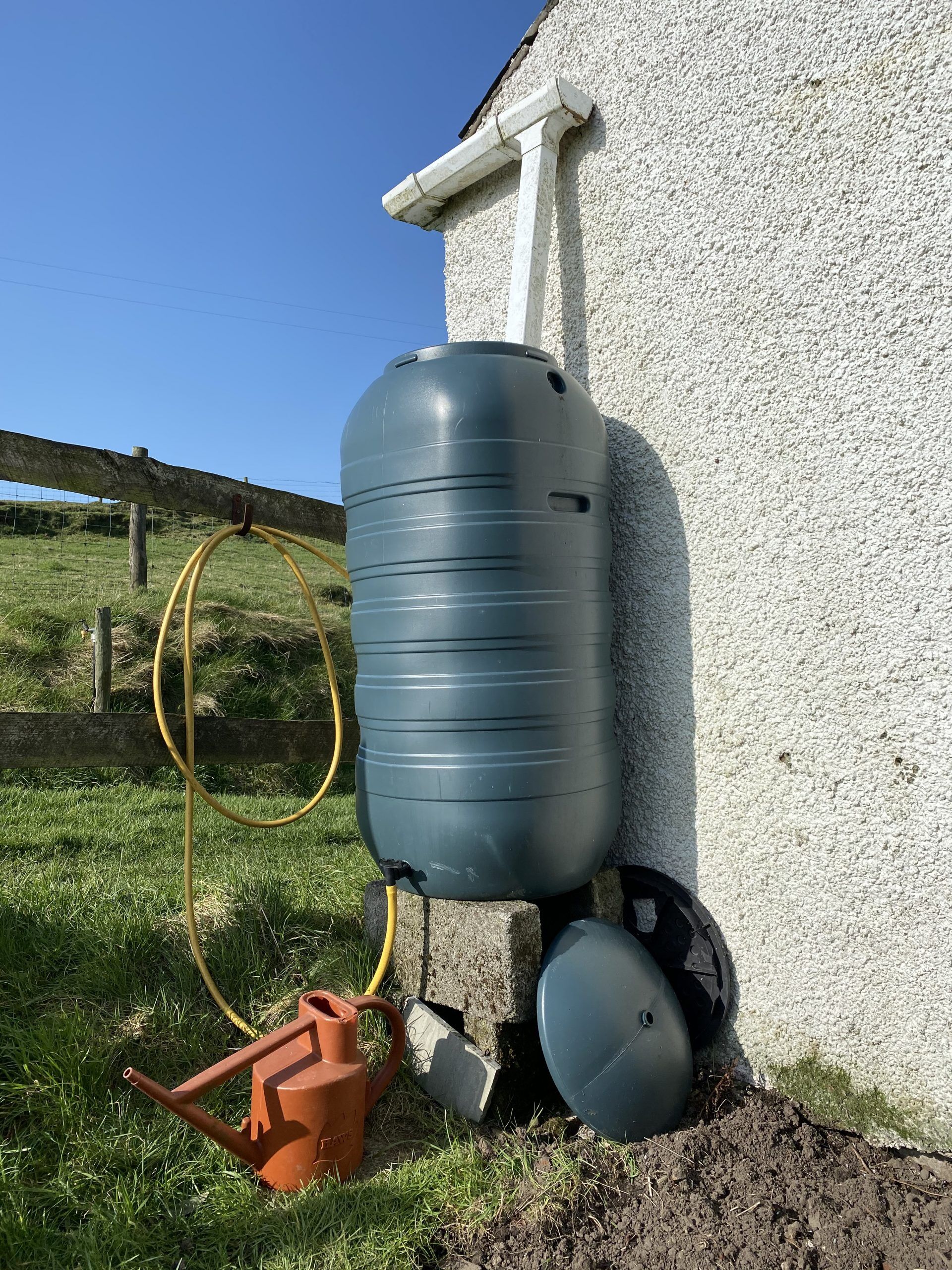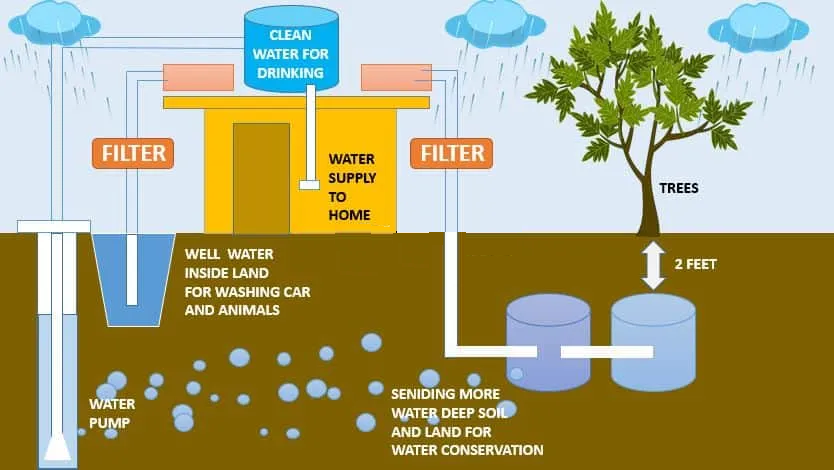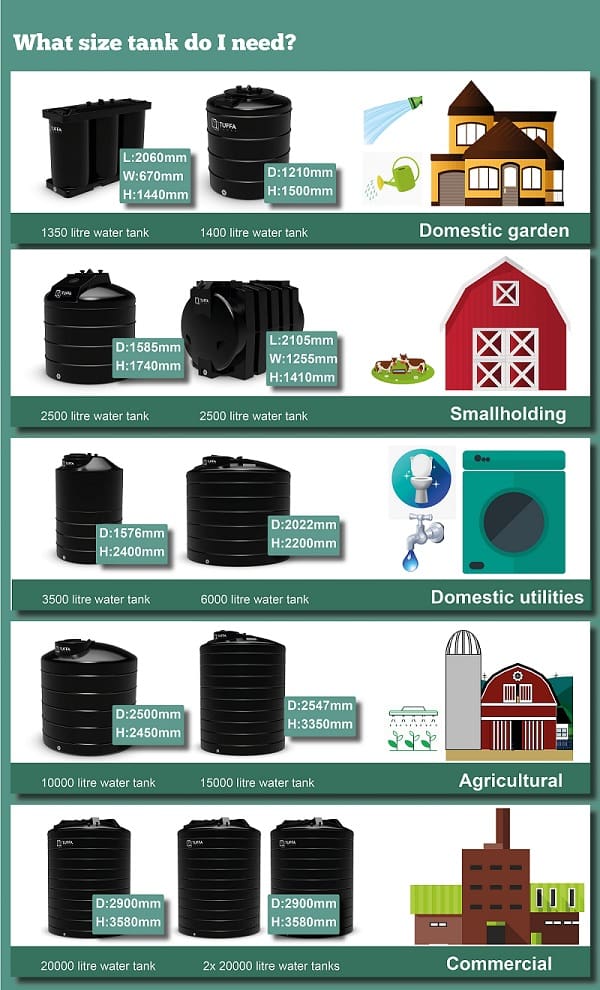Environmental Impact of Rainwater Harvesting

Rainwater harvesting (RWH) is the practice of collecting and storing rainwater for reuse before it reaches the ground. This sustainable water management technique has gained popularity worldwide due to its numerous environmental benefits. Below, we explore the environmental impact of rainwater harvesting in detail.
Benefits of Rainwater Harvesting

| Environmental Benefit | Description |
|---|---|
| Reduces Stormwater Runoff | Captures rainwater, reducing the volume and speed of runoff that can cause erosion and flooding. |
| Decreases Soil Erosion | By controlling runoff, it helps maintain soil integrity and prevents loss of fertile topsoil. |
| Recharges Groundwater | Stored rainwater can percolate into the ground, replenishing aquifers and maintaining water tables. |
| Reduces Demand on Municipal Water | Less reliance on treated water reduces energy consumption and pollution associated with water treatment. |
| Mitigates Urban Heat Island Effect | Vegetation supported by harvested rainwater can cool urban areas, improving microclimates. |
Environmental Challenges and Considerations

While rainwater harvesting offers many benefits, there are some environmental considerations to keep in mind:
- Water Quality Concerns: Collected rainwater can contain pollutants from roofs or collection surfaces, requiring proper filtration and maintenance.
- Impact on Downstream Ecosystems: Diverting rainwater may reduce flow to natural water bodies, potentially affecting aquatic habitats.
- Material and Energy Use: The production and installation of harvesting systems involve resource use and carbon emissions.
How Rainwater Harvesting Supports Sustainability
- Reduces Pressure on Freshwater Resources: By supplementing water supply, RWH helps conserve rivers, lakes, and groundwater.
- Promotes Water Conservation: Encourages mindful water use and reduces wastage.
- Supports Agriculture and Landscaping: Provides an alternative water source for irrigation, reducing dependence on potable water.
FAQ: Environmental Impact of Rainwater Harvesting
Q1: Does rainwater harvesting reduce flooding?
A1: Yes, by capturing rainwater, it decreases surface runoff, which can reduce the risk and severity of urban flooding.
Q2: Can rainwater harvesting harm local ecosystems?
A2: If not managed properly, diverting large amounts of rainwater may affect downstream water availability, but with careful planning, negative impacts can be minimized.
Q3: Is rainwater harvesting energy efficient?
A3: Generally, yes. It reduces the need for energy-intensive water treatment and pumping, though system installation has an initial energy footprint.
Q4: What maintenance is required to ensure environmental benefits?
A4: Regular cleaning of gutters, filters, and storage tanks is essential to maintain water quality and system efficiency.
Conclusion
Rainwater harvesting is a valuable tool for environmental conservation and sustainable water management. By reducing runoff, recharging groundwater, and lowering demand on municipal water supplies, it contributes positively to ecosystem health and resource sustainability. However, mindful implementation and maintenance are key to maximizing its environmental benefits while minimizing potential drawbacks.
